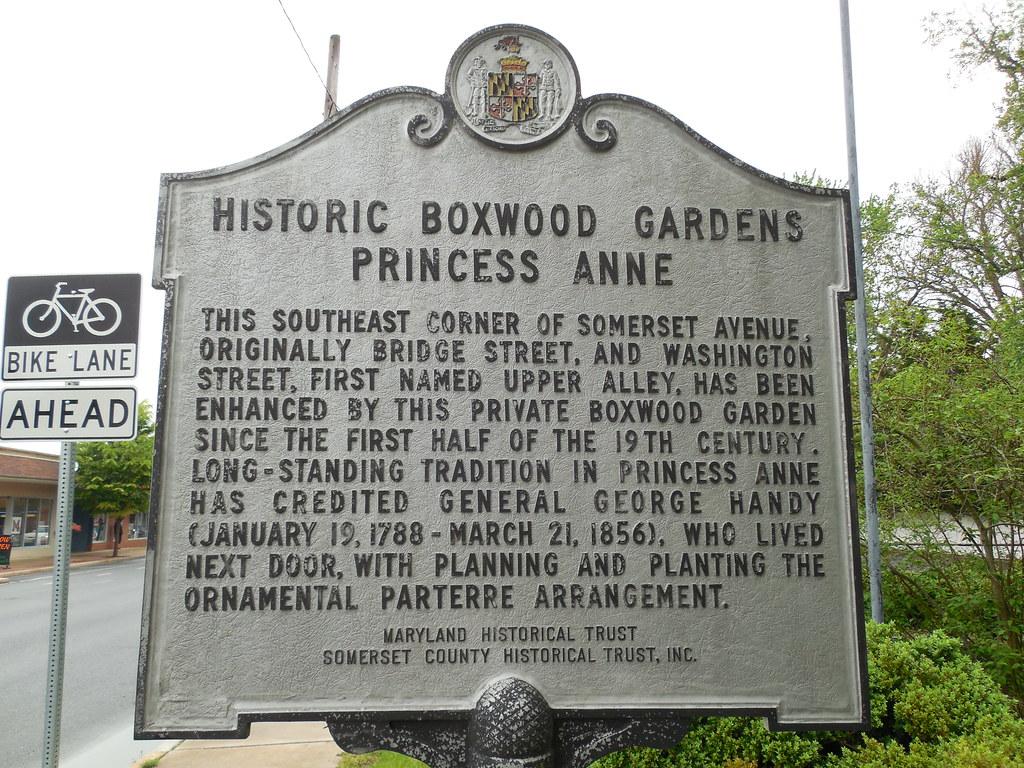In the intricate world of trusts, the question of who can benefit from these legal entities is one that requires careful consideration. While trusts can provide a valuable mechanism for wealth preservation and asset distribution, not everyone is able to be designated as a beneficiary. Understanding the limitations on beneficiaries is crucial for anyone considering establishing a trust. In this article, we will delve into the criteria that determine who cannot be a beneficiary of a trust, shedding light on this important aspect of estate planning legality. As experienced lawyers at the Morgan Legal Group in New York City, we aim to provide clarity on this complex subject for our clients.
Ineligible Categories of Beneficiaries in a Trust Arrangement
In a trust arrangement, there are certain categories of individuals who are deemed ineligible to be beneficiaries. These exclusions are crucial to ensure that the trust operates effectively and in accordance with the intentions of the settlor. Some of the common include:
- Minors: Individuals who are not of legal age are typically not allowed to be beneficiaries of a trust. This is to protect their interests and ensure that they receive their assets at an appropriate age.
- Incompetent Individuals: Those who are deemed legally incompetent, such as individuals with mental disabilities, may not be eligible to be beneficiaries of a trust. This is to prevent any exploitation or misuse of their assets.
- Charities: While charitable organizations can be beneficiaries of a trust, certain restrictions may apply based on the type of trust and the charitable organization.
| Category | Restrictions |
| Illegal Activities | Individuals involved in illegal activities may be ineligible as beneficiaries to prevent the trust funds from being used for unlawful purposes. |
| Public Officials | Public officials may be restricted from being beneficiaries to avoid conflicts of interest or improper influence. |
Overall, understanding the is essential for ensuring that the trust operates smoothly and in compliance with legal requirements. By consulting with a knowledgeable estate planning attorney, settlors can establish a trust that aligns with their wishes and benefits the intended beneficiaries.

Legal Restrictions on Naming Beneficiaries in Trusts
In the realm of trust law, there are certain legal restrictions that dictate who can and cannot be named as beneficiaries in a trust. While the creator of a trust generally has the freedom to choose any individual or entity as a beneficiary, there are some exceptions that must be considered.
One such restriction is incapacity – individuals who lack the mental capacity to manage their own financial affairs are typically not eligible to be named as beneficiaries in a trust. Additionally, individuals who are minors (under the age of 18) may also face limitations in their ability to receive trust assets directly. In these cases, a trustee may be appointed to manage the assets on the minor’s behalf until they reach the age of majority.
Considerations for Choosing Beneficiaries in Trusts
When considering beneficiaries for a trust, it is important to be aware of who cannot be named as a beneficiary. Certain individuals or entities are restricted from being beneficiaries for various reasons, including legal limitations and potential conflicts of interest. Understanding these restrictions can help ensure that the trust is structured in a way that aligns with the grantor’s intentions and avoids any potential legal challenges.
One category of individuals who cannot be beneficiaries of a trust includes minors. Since minors cannot legally own property, it is not advisable to name them as beneficiaries directly. Instead, a trustee can be appointed to manage the assets on behalf of the minor until they reach the age of majority. Additionally, individuals who are legally incapacitated or incompetent may also not be suitable beneficiaries, as they may not have the capacity to manage or benefit from the assets in the trust. It is essential to carefully consider the circumstances of potential beneficiaries and consult with a legal professional to ensure that the trust is structured appropriately.
Guidelines for Ensuring Compliance with Trust Beneficiary Qualifications
When establishing a trust, it is crucial to ensure that the beneficiaries meet the qualifications set forth in the trust agreement. Failure to comply with these guidelines could result in legal disputes and complications down the line. Trust beneficiaries must meet certain criteria to be eligible to receive distributions from the trust. Here are some common examples of individuals who cannot be named as beneficiaries of a trust:
- Minors: Individuals under the age of 18 are typically not allowed to be named as beneficiaries of a trust. Special provisions may need to be made for minors, such as appointing a trustee to manage the assets on their behalf.
- Incompetent individuals: Individuals who are legally incompetent, such as those with severe mental disabilities or illnesses, may not be eligible to be trust beneficiaries.
- Creditors: Individuals who owe debts or have creditor claims against them may not be able to receive distributions from a trust, as these assets could be subject to creditor claims.
Q&A
Q: Who cannot be a beneficiary of a trust?
A: There are certain individuals who are unable to benefit from a trust.
Q: Can minors be beneficiaries of a trust?
A: In some cases, minors may not be able to be beneficiaries directly, as they are not able to manage the assets themselves.
Q: Are creditors able to be beneficiaries of a trust?
A: Generally, creditors of the beneficiary are not able to access trust assets for the payment of debts.
Q: Can pets be beneficiaries of a trust?
A: While pets themselves cannot be beneficiaries, some trusts can be set up to provide for the care of pets that outlive their owners.
Q: Are non-human entities able to be beneficiaries?
A: Trusts are typically set up for the benefit of individuals, so non-human entities such as corporations or organizations may not be beneficiaries.
Q: Can trustees be beneficiaries of a trust?
A: It is possible for a trustee to also be a beneficiary of a trust, but this can present conflicts of interest and may not be advisable in some cases.
Final Thoughts
In conclusion, understanding who cannot be a beneficiary of a trust is crucial in ensuring the proper execution and distribution of assets. By being aware of the limitations and restrictions placed on potential beneficiaries, trustees can navigate the complexities of trust administration with confidence and clarity. Remember, consulting with legal professionals for personalized advice and guidance is always recommended when dealing with trust matters. Thank you for reading!


